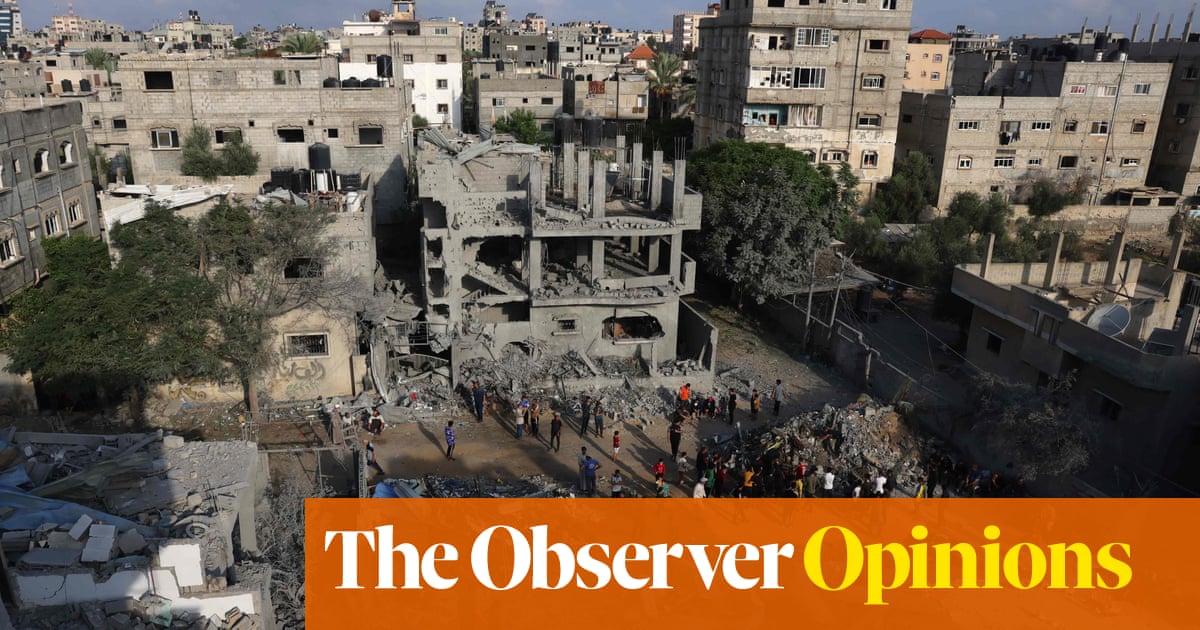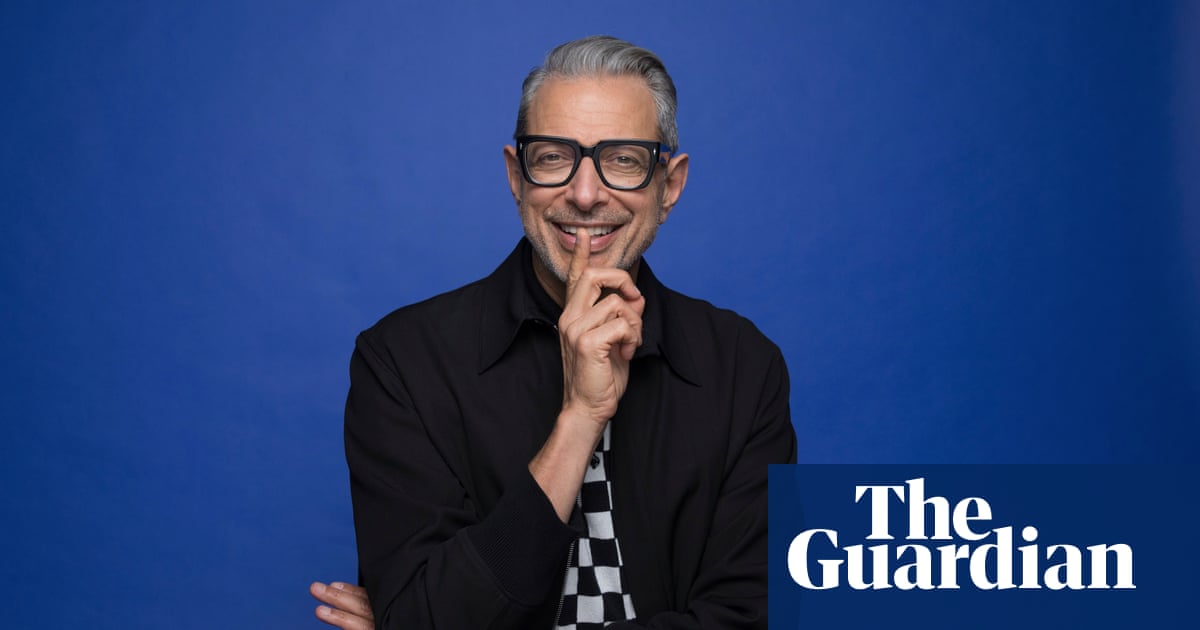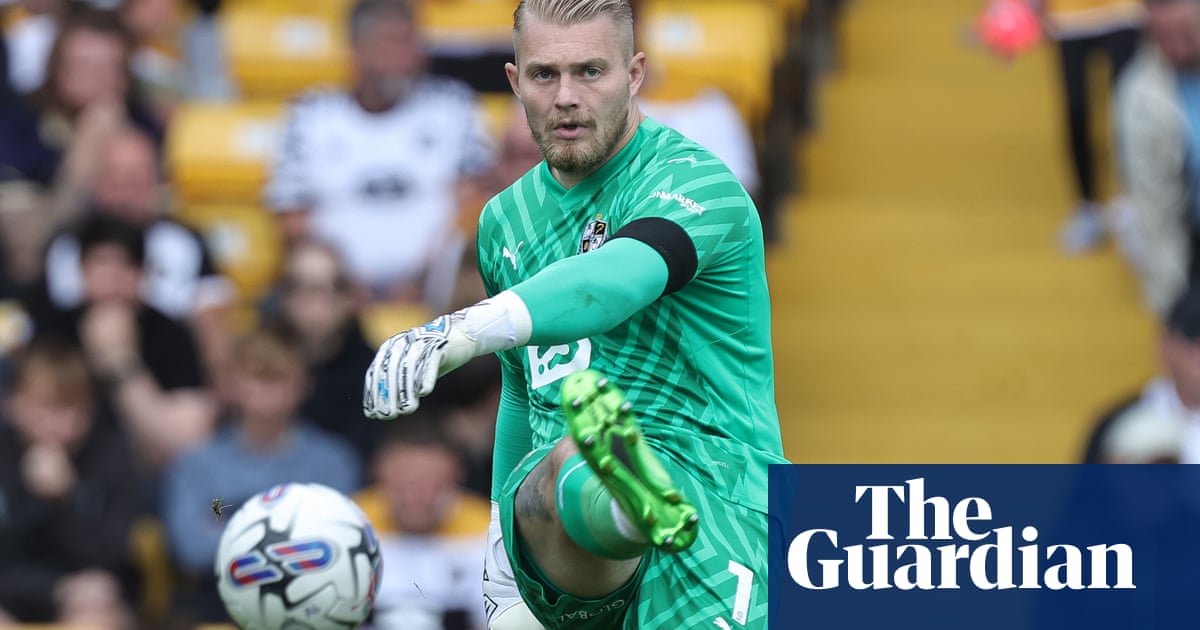
Two weeks ago, Israel experienced an unprecedented terror attack, when Hamas gunmen crossed the Gaza security fence, massacred more than 260 civilians attending a music festival, took control of several villages and kibbutzim in the area and murdered numerous among their residents, all while firing massive barrages of rockets. Overall, Israeli official sources estimate Hamas killed about 1,400 people, mostly civilians, including children and elderly people, and abducted more than 200, who are still being held hostage in Gaza.
Israel responded by declaring a war on the Gaza Strip, launching airstrikes that have killed more than 4,000 people, according to the health ministry there, mostly civilians, including children, women and elderly people. Israel’s military declared that the emphasis of the airstrikes is on “damage” and not “accuracy”. Hundreds of thousands of people have been displaced, and homes destroyed, after the Israeli government urged 1.1 million people to evacuate their houses. Healthcare, electricity, water and food supplies have been cut, posing a death threat to countless civilians in the Gaza Strip, as Israel imposed a “complete siege”, cutting essential services and blocking humanitarian aid.
Israel’s citizens – Jewish and Arab-Palestinian – have all been devastated by this terrifying situation, which is still unfolding. So many in Israel have family members or loved ones who were murdered or abducted, or know of someone who has been lost; almost everyone there is subject to rocket attacks, from south and north, with, more or less, sheltered houses. For many Arab-Palestinian citizens of Israel, who comprise 20% of our population, family members and loved ones in Gaza have been killed, injured or are still surviving horrifying living conditions.
The Arab-Palestinian minority within Israel is at the same time part of the Palestinian people as well as citizens of Israel. This tense duality is often exploited by the Israeli government, which provokes and legitimises racism and violence towards its Arab citizens. Although Israel’s Arab citizens had nothing to do with the terror attacks, they have since been classified by the political establishment as suspected “terrorists”, persecuted, discriminated against and disproportionately arrested. Some Arab workers were dismissed simply because they changed their Facebook profile picture to “Stop the War!” in Hebrew, Arabic and English. Arab college students were subjected to disciplinary procedures because they “liked” an Instagram post that highlighted the human suffering in Gaza.
Kobi Shabtai, Israel’s police chief, translated the policies of the hawkish and nationalist government into orders to the police force, and stated quite clearly that he will not tolerate any form of protest that is supportive of the people in the Gaza Strip: “If you want to support Gaza, I’ll put you on a bus there.” His boss, the minister of national security, Itamar Ben-Gvir, released a statement warning all Jewish nationals about their Arab fellow citizens, as if he is not also their minister. This further creates barriers, hatred and fear within the Israeli population, and also curtails basic democratic freedoms. Jewish and Palestinian activists of Standing Together, Israel’s grassroots Jewish-Arab movement, who went to hang bilingual posters in Jerusalem were detained by the police and their posters confiscated. The “criminal” message of these was the slogan “Jews and Arabs, we will get through this together”.
In this dark reality, we want to build an alternative. In Standing Together, we believe that these devastating consequences of the atrocious Hamas attack are not inevitable. Inflicting more harm on civilians in Gaza will not lead to a solution. As some of the survivors of the terror attacks have bravely and inspiringly stated, killing civilians for the sake of revenge will only lead to more suffering for civilians; the solution has to be peaceful.
Since 2005, there have been 16 major military operations launched by Israel against the civilian population in Gaza. None of them brought safety and security to Israelis or Palestinians. None laid the ground to any kind of peaceful settlement – rather, each only planted the seed for the next one. The only way to safeguard the lives and wellbeing of both peoples, to protect innocent civilians from harm, is through negotiations towards an Israeli-Palestinian peace agreement, based on UN resolutions, that will end the occupation and secure freedom, justice and independence for both peoples. I want this not only because I stand in solidarity with Palestinians. I want it for myself and my family – it is the real Israeli interest.
Beyond that, and not less importantly, we – Jewish and Arab-Palestinian citizens of Israel – deeply believe that our healing from this immense trauma entails living together in equality and envisioning a shared future. When we grieve together – and when we work in tandem to create change in our communities – we show ourselves and our families that we can swim upstream against our government’s attempts to create barriers between us.
This is why in Standing Together, over the past two weeks, we have continued to help people from all populations with their basic necessities.
We have set up an ad hoc emergency organising effort called the Jewish-Arab Solidarity Guard, with activists working together to collect and distribute equipment and food, as well as games for children; we are using public shelters in our neighbourhoods and organising for people who live in areas without shelters to be hosted by others; and we attend mourning services and comfort families who have lost their loved ones.
We have a hotline, operated by volunteers, where people can ask for assistance. We have been combating racism and dehumanisation, supporting Arab citizens who are being discriminated against and harassed in their workplaces or higher education institutions. We are removing racist, violent signs from public spaces and putting up others calling for peace and solidarity.
We were deeply traumatised in May 2021 when intercommunal violence erupted within shared cities in Israel. Our action helps to prevent a similar escalation between Jewish and Arab citizens of Israel now. Our unity, support and humanism all serve as a living example of an alternative, opposed to the present and future of harm and violence that the people currently in power envision. The motto of Standing Together is “Where there is struggle, there is hope”. Even in these times, we are determined to continue to struggle and continue to build hope.
Alon-Lee Green is national co-director of Standing Together












